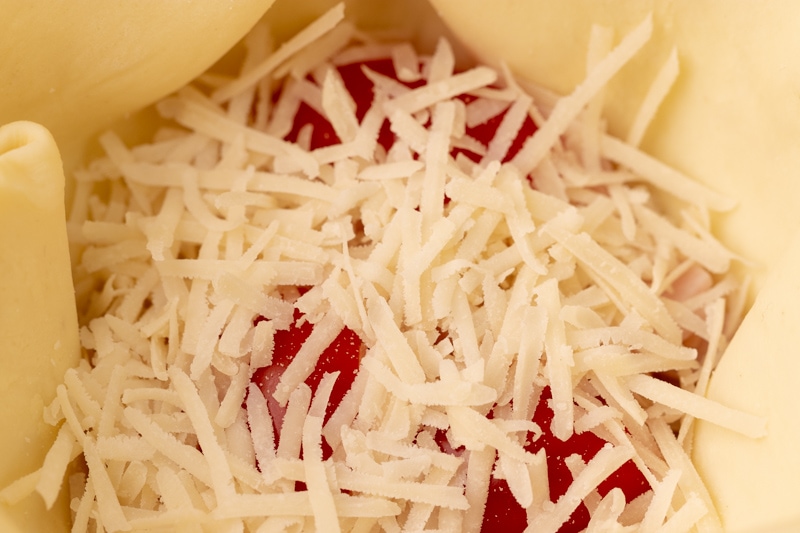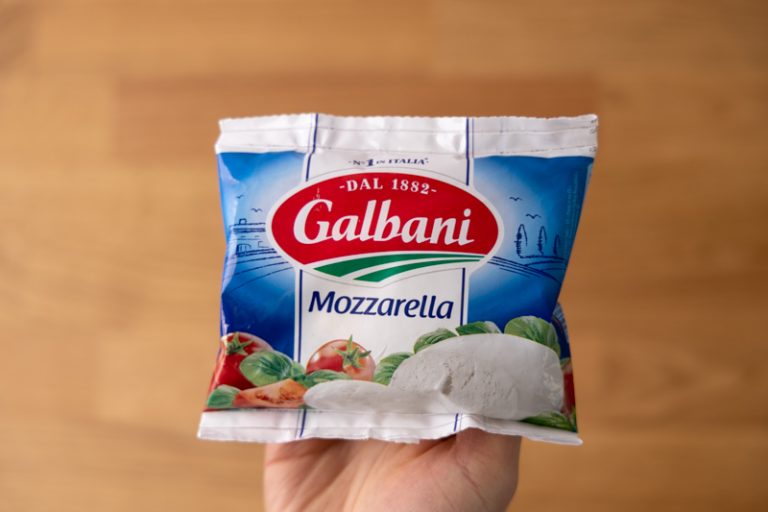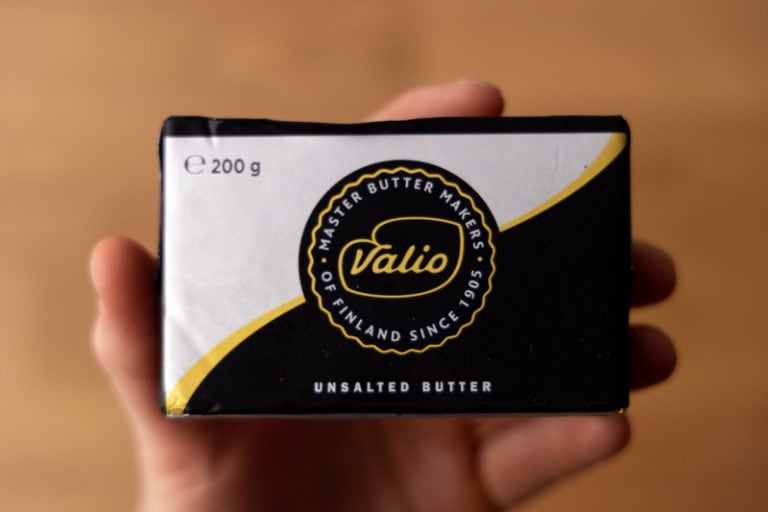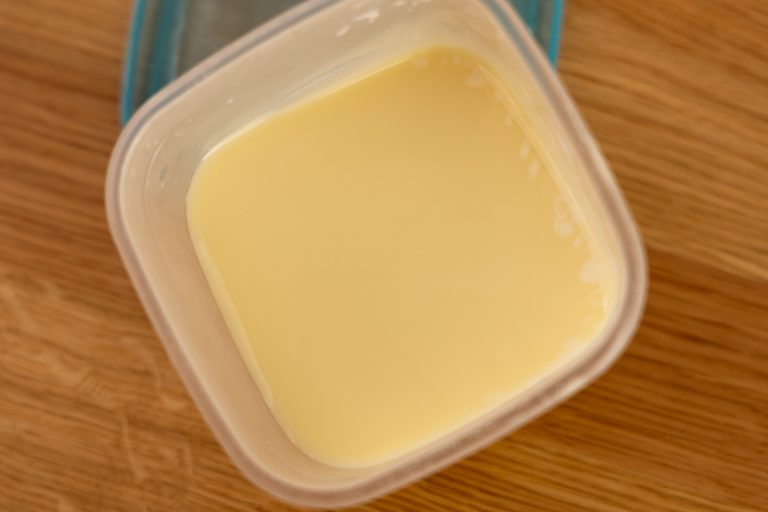How Long Does Shredded Cheese Last?
Here’s all you need to know about shredded cheese. Learn how long it lasts, how to store it, and when to throw it out.
Opened a package of shredded cheese and not sure how long it’s good for? How long does shredded cheese last?
Store-bought shredded cheese lasts 3 to 5 days after opening the package. The same is true for any cheese that you shred yourself. If you need it to keep longer, freeze it.
That’s the gist of it.
Want to learn a bit more? Here’s what we cover below:
- shelf life of shredded cheese, both unopened and after opening
- when you should discard shredded cheese
- storage options
Read on.

How Long Does Shredded Cheese Last?
| Fridge | |
|---|---|
| Store-bought shredded cheese, unopened | Use-by + 1 – 2 weeks |
| Store-bought shredded cheese, opened | 3 – 5 days |
| Homemade shredded cheese | 3 – 5 days |
An unopened package of shredded cheese keeps for at least a week or two past its date. After opening, it retains quality for 3 to 5 days. It might last for a couple more days, but it’s better to freeze it if you need to keep it for more than 5 days.
Commercial shredded cheese typically lasts for at least a couple of weeks, as long as it remains unopened. And it usually keeps for an extra week or two past the date printed on the label.
(Obviously, there’s no way to exactly tell how long, and all producers recommend using theirs before the printed date for optimal freshness.)
Once opened, the most common recommendation is to use the cheese within 5 days (here’s another source). In other words, you don’t have that much time until your shredded cheese loses quality.

Unrefrigerated Shredded Cheese Canisters
You can sometimes find those small unrefrigerated canisters of shredded cheese. Even though they don’t need to be refrigerated, they can often be found in the refrigerated section (where else would you look for shredded cheese?).
These last a long time (even after opening) and usually don’t even need to be stored in the fridge once opened. Unfortunately, while all of that is super handy, they have one fatal flaw: they’re loaded with preservatives that keep the product from spoiling.
(That’s why many people say they’re not “real” cheese.)
Long story short, I suggest avoiding those products whatsoever because of the long ingredients list that’s stuffed with artificial stuff that’s most likely not good for you.
But what if you’ve already bought one of these? Read the label. More often than not, it’ll have all the info about storage and shelf life you need. And in many cases, the label will say the product can last up to the printed date, no matter when you open it.
Now, let’s talk about the exact opposite: cheese that you shred at home.

Homemade Shredded Cheese
Homemade shredded cheese lasts about 3 to 5 days of shredding, no matter the cheese type. If that’s not long enough for your needs, you can either shred it as you go (i.e., only as much as you need at a time) or freeze the leftovers.
While cheese blocks last quite a long time (e.g., parmesan cheese lasts for at least a couple of weeks after opening), the same isn’t true of shredded cheese. Like store-bought shredded cheese, the homemade variety keeps for only a couple of days.
Because of that, if you’re thinking about shredding a whole block, freezing the leftovers is probably the way to go. Here’s how you freeze shredded cheese.
Now that we covered shelf life, let’s talk about when you should discard shredded cheese.

How to Tell if Shredded Cheese Is Bad?
Discard your shredded cheese if:
- It’s too old. Toss it if an unopened package is more than a couple of weeks past its date or opened for more than 5 to 6 days. Sure, it might still be okay to eat at that point, but you never really know, and the first signs of spoilage are difficult to notice.
- It’s moldy. If there are signs of mold, throw out the whole package. While it’s okay to cut out moldy parts from blocks of hard cheese (e.g., parmesan), the same doesn’t work for shredded cheese of any type.
- It smells off. If the cheese no longer smells like cheese, has a funny odor, or seems sourish, it’s no longer good to eat.
- It feels wet or spongy. While texture change isn’t that common for shredded cheese, it’s probably best to toss it if yours has.
Those are the most common signs of spoilage and reasons to discard shredded cheese.
Now, one thing might seem alarming at first but is totally fine for cheese: white crystals.
Those white crunchy crystals are (most likely) calcium lactate crystals formed from the natural breakdown of cheese. They are safe to eat and don’t make the cheese spoiled by any means.

How to Store Shredded Cheese
Store shredded cheese in the fridge in a sealed container or bag, and use it within 3 to 5 days of opening.
Storing shredded cheese isn’t rocket science, but there are a couple of things worth remembering:
- pour the cheese out of the bag or remove it with a clean spoon (or what have you)
- if you have to handle it with your hands, make sure you wash them beforehand
- keep the bag or container sealed tight
- if you have a large amount, consider separating it into a couple of smaller bags or containers
- freeze any excess early

Which Cheeses Can You Shred?
Cheeses that are usually shredded:
- Parmesan
- Grana Padano
- Pecorino
- Mozzarella (the aged variety that’s sold in blocks, not the white balls sold in brine)
- Cheddar
- Emmental
- Edam
You can (obviously) shred or grate other cheeses, but these are the ones most commonly used for this purpose.
Want to learn more about cheese in general?
Check out our guide:
Rotten Records: Share Your Snap!
Caught some food past its prime? Upload your photo to “Rotten Records” and help others spot the signs of spoilage. Every image makes our food community safer and more informed!




![How Long Does Brie Cheese Last? [Shelf Life & Spoilage]](https://www.doesitgobad.com/wp-content/uploads/Brie-in-cheese-wrap-768x512.jpg)
![Does Ghee Need to be Refrigerated? [All About Storing Ghee]](https://www.doesitgobad.com/wp-content/uploads/How-to-store-ghee-768x512.jpg)